Camerata Quartet, Iwona Mironiuk, Patrycja Piekutowska - Ratusinska: Chamber Music (2013)
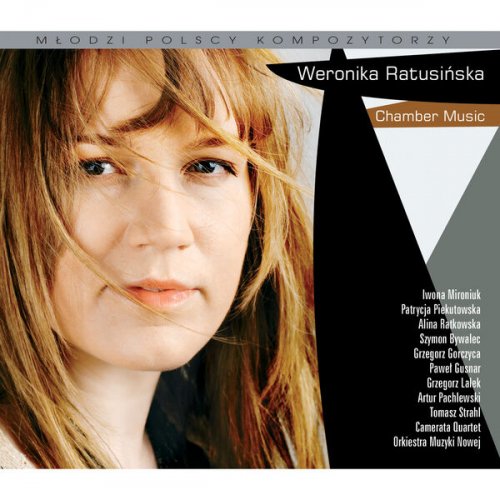
Artist: Camerata Quartet, Iwona Mironiuk, Patrycja Piekutowska
Title: Ratusinska: Chamber Music
Year Of Release: 2013
Label: Nichan Records
Genre: Classical
Quality: FLAC (tracks)
Total Time: 01:06:09
Total Size: 347 Mb
WebSite: Album Preview
Tracklist:Title: Ratusinska: Chamber Music
Year Of Release: 2013
Label: Nichan Records
Genre: Classical
Quality: FLAC (tracks)
Total Time: 01:06:09
Total Size: 347 Mb
WebSite: Album Preview
Nimfy II (Nymphs II) (Weronika Ratusinska)
01. I. Nereidy (00:02:46)
02. II. Oready (00:02:54)
03. III. Driady (00:04:20)
Trio for Clarinet, Cello and Piano (Weronika Ratusinska)
04. I. Misterioso (00:04:34)
05. II. Quieto, ad libitum (00:02:41)
06. III. Appassionato e energico (00:02:34)
07. Amarcord (00:09:15)
String Quartet No. 2, "Ostatnie chwile" (The Last Moments) (Weronika Ratusinska)
08. I. Chwila buntu [A Moment of Rebellion] (00:06:46)
09. II. Chwila pożegnania [A Moment of Farewell] (00:05:03)
10. III. Modlitwa [Camp Prayer] (00:07:23)
11. Concerto for Amplified Violin, Instrumental Ensemble and Tape (00:17:53)
Total length: 01:06:09
Label: Dux
Performers:
Camerata Quartet
Iwona Mironiuk
Patrycja Piekutowska
Orchestra of New Music
Szymon Bywalec
The music of Polish composer Weronika Ratusinska (born 1977) bears little relationship to the traditions of her national predecessors like Lutoslawski or Penderecki. It sounds much more closely related to American post-minimalism, some pieces reminiscent of John Adams, some of Terry Riley, and some of Steve Reich. Her String Quartet No. 2, "Last Moments," particularly the last movement, is strikingly Reichian in its harmonies, use of canon, and juxtaposed repeating patterns, while its feral energy calls Riley's quartets to mind. For a piece that's transparently faux-Reich, though, it's skillfully put together and an engaging listening experience when taken on its own terms. Nymphs, for the intriguing combination of soprano saxophone and harpsichord, is hardly groundbreaking, but it's endearingly sweet and unprepossessing. Ratusinska's Concerto for amplified violin, ensemble, and tape is the CD's most impressive and original piece. The influences of minimalism are still apparent, but processed through a more distinctive personal style. The use of electronics is limited to a few isolated sections, but the effect significantly contributes to the music's impact. The performances are committed, with all the energy the music requires, and the sound is bright and present. The album should be of interest to fans of post-minimalism who don't mind hearing some familiar formulas served up in a slightly updated guise.
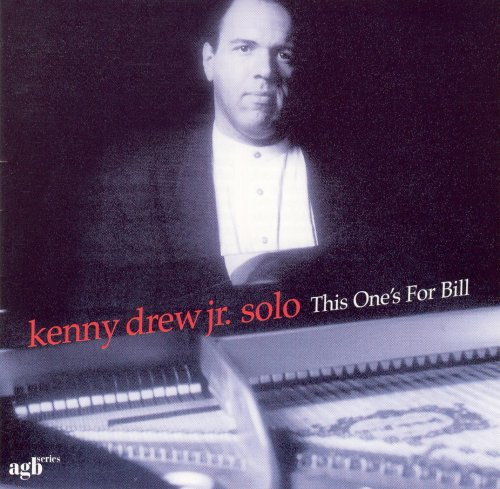
![William Ackerman - Past Light (1983) [1997 Japanese Edition] William Ackerman - Past Light (1983) [1997 Japanese Edition]](https://www.dibpic.com/uploads/posts/2026-02/1771702726_001.jpg)
![Karsten Vogel - Late Night Ballads (2026) [Hi-Res] Karsten Vogel - Late Night Ballads (2026) [Hi-Res]](https://www.dibpic.com/uploads/posts/2026-02/1771430081_n5uklrl79ymhl_600.jpg)
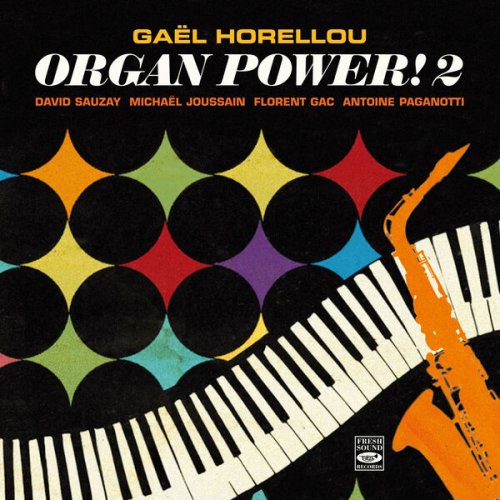
![Bop Juice - Live at Smalls (2026) [Hi-Res] Bop Juice - Live at Smalls (2026) [Hi-Res]](https://www.dibpic.com/uploads/posts/2026-02/1771597003_cover.jpg)
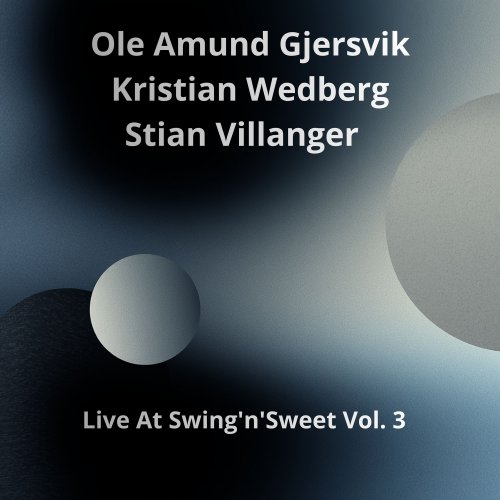
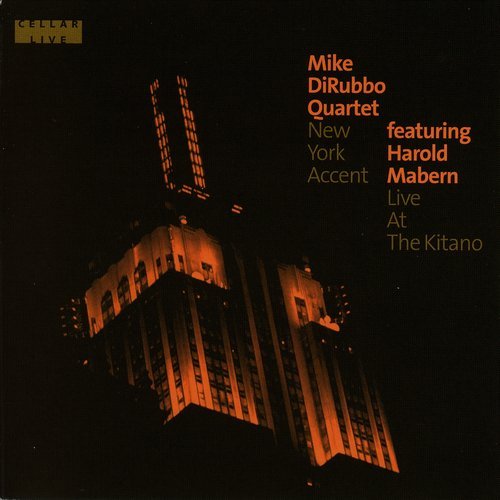
![Mantovani & His Orchestra - The Greatest Gift Is Love (1975/2026) [Hi-Res] Mantovani & His Orchestra - The Greatest Gift Is Love (1975/2026) [Hi-Res]](https://www.dibpic.com/uploads/posts/2026-02/1771524770_cover.jpg)
![Tobias Becker Bigband - Venti (2026) [Hi-Res] Tobias Becker Bigband - Venti (2026) [Hi-Res]](https://www.dibpic.com/uploads/posts/2026-02/1771331468_folder.jpg)